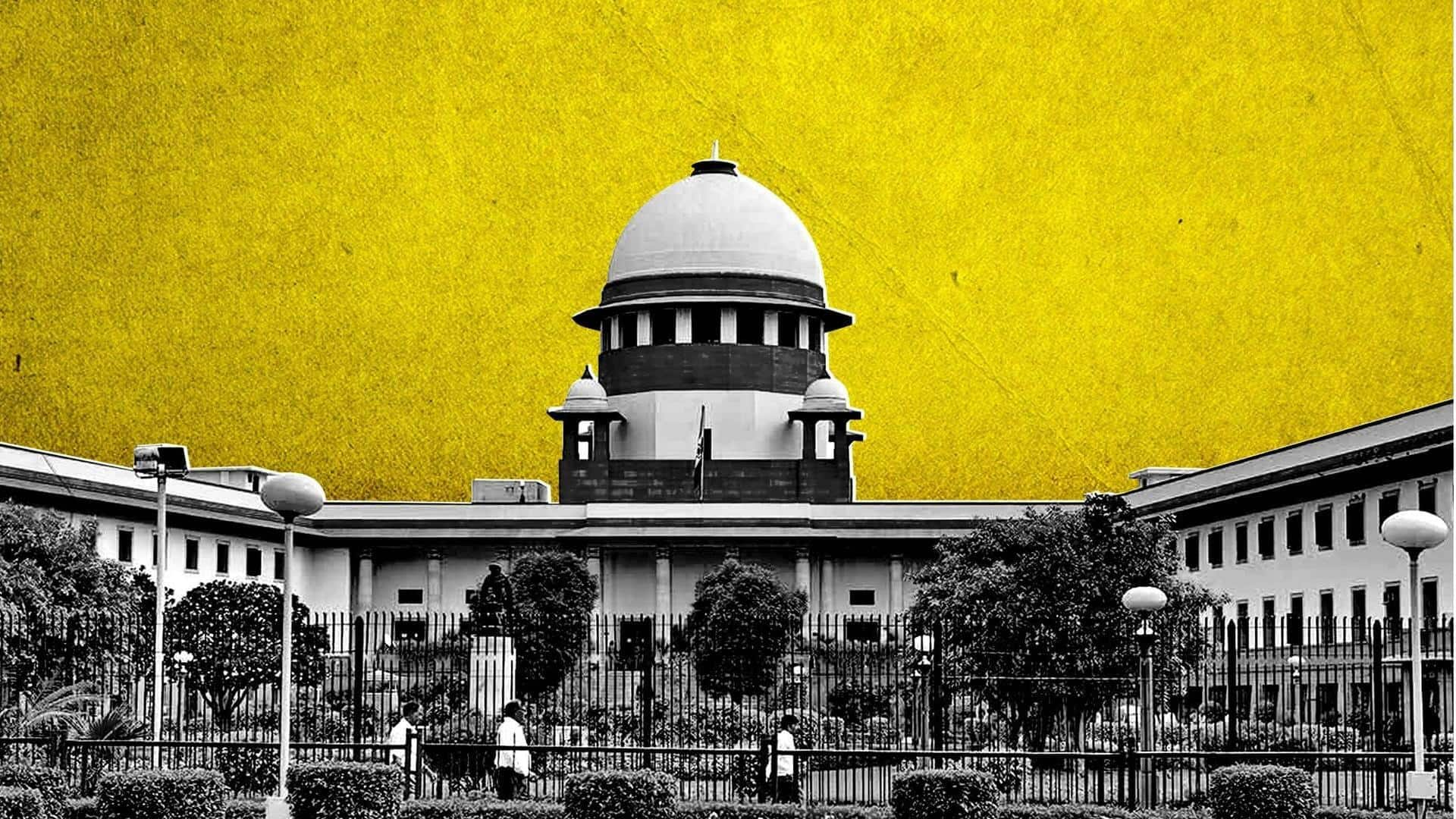
Will pass guidelines for summoning government officers in courts: SC
What's the story
In a major change for the legal system, the Supreme Court (SC) said on Monday that it would establish clear guidelines for courts to follow when summoning government officials.
According to reports, the country's top court also stated that contempt procedures originating from non-compliance with final judgments and interim orders issued in pending cases must follow a different set of procedures.
Details
Details on SC bench's reaction
The apex court's reaction came in response to the Allahabad High Court summoning two Uttar Pradesh Finance Department secretaries in a contempt case involving facilities for retired high court judges.
The case was heard by a bench comprising Chief Justice of India DY Chandrachud and Justices Manoj Misra and JB Pardiwala.
Notably, on April 4, the Allahabad High Court ordered that the two officers be taken into custody and brought before the relevant court for charges to be filed.
More details
Different procedures for compliance, contempt cases
In cases involving non-compliance with final judgments and interim orders passed in pending cases, the court recommended different procedures, the news agency PTI reported the SC bench as saying.
For such pending cases, affidavits should suffice, while the presence of officials is necessary for contempt cases. The court also added that this distinction aims to streamline the process and ensure proper procedures are followed.
What Next?
Centre's earlier SOP for judges
According to Bar & Bench, the Centre previously submitted a Standard Operating Procedure (SOP) draft consisting of suggestions that might be followed by the court while summoning government officers.
As per the proposed SOP, the in-person appearance of public officials in court proceedings should be called not as a matter of routine but only in exceptional cases.
Insights
New guidelines for judges
Moreover, the SOP said that judges should not make remarks on the social background or dress of government officials who have been asked to appear in front of the courts.
The central government also added that there should be "no objection" to the officials appearing in their work attire as long as it is not "unprofessional."